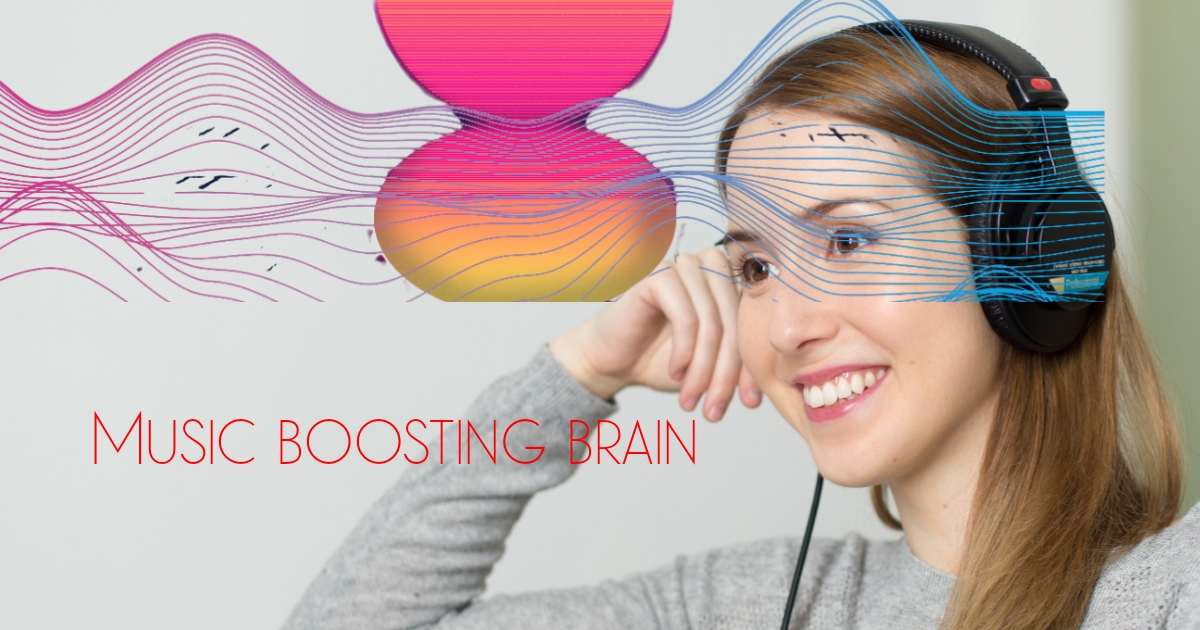🎵 Can Music Protect Your Brain as You Age? New Study Says Yes!
🧠 Summary
A fascinating new study published in PLOS Biology shows that playing music long-term can help protect your brain from aging. Researchers found that older adults with musical training were better at understanding speech in noisy places compared to those without any musical background. Even more surprising — their brains behaved more like those of younger adults!
✅ Highlights of the Story
- Long-term musical training helps older adults better understand speech in noisy environments.
- The study supports the “Cognitive Reserve” theory — training builds brain strength against aging.
- Older musicians showed more youthful brain activity patterns than non-musicians.
- Brain scans showed better functional connectivity in musicians, similar to younger people.
- The study introduces the “Hold-Back Upregulation” hypothesis to explain music’s brain benefits.
🎶 What Did the Study Find?
Researchers from Canada and China scanned the brains of:
- 25 older musicians
- 25 older non-musicians
- 24 younger non-musicians
All participants were asked to recognize spoken syllables hidden in background noise — a skill that naturally declines with age.
🧪 The results?
- Older musicians performed significantly better than older non-musicians.
- Their brains showed “youth-like” connectivity, especially in areas that process sound and speech.
- The brain regions of older non-musicians had to “work harder” — showing increased connectivity as a way to compensate.
- But musicians didn’t need that compensation — their brains stayed tuned.
🧩 What Is “Cognitive Reserve”?
It’s like a brain savings account 🧠💰.
When you challenge your brain over time — through music, learning languages, or education — you build up a “reserve.” This helps your brain resist or delay the normal decline that comes with aging.
This study supports that idea, especially through what researchers call the “Hold-Back Upregulation” hypothesis — that training (like playing music) helps maintain youthful brain wiring, so the brain doesn’t need to overwork as it ages.
💬 Expert Quotes
“A positive lifestyle helps older adults cope better with cognitive aging, and it is never too late to learn an instrument.”
— Dr. Lei Zhang
“Just like a well-tuned instrument doesn’t need to be played louder, the brains of older musicians stay finely tuned.”
— Dr. Yi Du
🌍 Why It Matters
Aging affects everyone — but this study shows that our lifestyle choices can slow down brain aging.
✅ Learning music may:
- Boost memory and attention
- Help older adults understand conversations in noisy places
- Protect brain connections over time
🎯 The message: It’s never too late to start learning music!
❓ Student Quiz (MCQs)
1. What skill did older musicians perform better at in the study?
a) Drawing
b) Memory recall
c) Recognizing speech in noise ✅
d) Solving math problems
2. What does “Cognitive Reserve” refer to?
a) Memory you lose over time
b) Extra brain strength built through experience ✅
c) Saving neurons in a bank
d) Taking more brain tests
3. Which brain imaging method was used in the study?
a) X-ray
b) CT Scan
c) fMRI ✅
d) EEG
4. What is the “Hold-Back Upregulation” hypothesis about?
a) Music reducing hearing loss
b) Brains needing more sleep
c) Musical training keeping brain activity youthful ✅
d) Using noise-canceling headphones
5. Which groups were compared in the study?
a) Children and athletes
b) Older musicians, older non-musicians, young non-musicians ✅
c) Musicians and dancers
d) Scientists and teachers
🎉 Fun Science Fact!
🥁 People who learn music have a larger auditory cortex — the part of the brain that processes sound. That means they literally hear the world differently!







